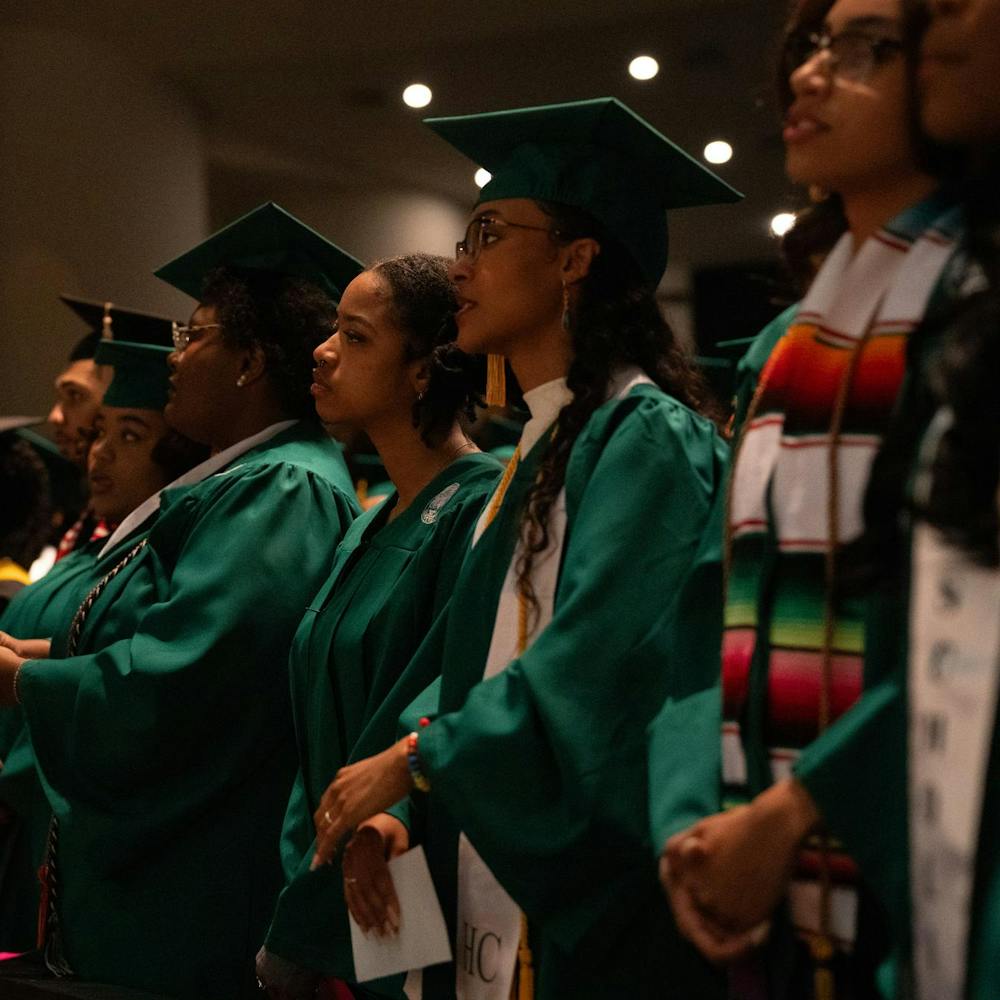After meeting professors and reviewing countless syllabi by the end of the first week of school, some students find themselves unhappy with their choice of classes. They are on the search for something different, deciding it’s time to drop one course and find another. Check out some of the unique courses offered at MSU that could save your schedule.
1. CSS 202: World of Turf
“If you really want to go green, this is the class for you,” crops and soil sciences professor David Gilstrap said.
Gilstrap teaches World of Turf, which is a course focused on the establishment and management of turfgrass.
Throughout the semester, Gilstrap guides his students through the process of maintaining turfgrass through a series of lectures, quizzes and exams.
Unlike other turfgrass courses, which are restricted to turfgrass management and landscape horticulture students, this course is available to all students.
Gilstrap said this course appeals to a wide range of students.
It is a class that helps them achieve the American dream — a nice house and a well-kept lawn, he said.
2. LB 494: Science of the Foods We Love
Science of the Foods We Love is the perfect course for food enthusiasts — specifically popcorn lovers.
The course provides students with a hands-on experience making popcorn in an effort to develop a better popcorn kernel.
Students spend class time making popcorn and manipulating variables to determine how much popcorn should go into a microwavable bag and what kind of corn kernels will make the best popcorn.
Lyman Briggs professor Jim Smith said the course provides students with valuable research experience.
“These students were fortunate to be able to come into a great experiment on a real project that actually matters,” he said.
3. RCAH 390: Language and Culture (Section 004)
Grace Pappalardo spent her spring semester exploring a fantasy world of elves, goblins, hobbits and dwarfs — for academic credit.
Pappalardo, a Residential College in the Arts and Humanities senior, took the section of Language and Culture focusing on language in the context of J.R.R. Tolkien’s “The Lord of the Rings.”
“I (had) never read ‘The Lord of the Rings,’” she said. “(Taking the class) was the perfect opportunity to force myself to read them.”
Like Pappalardo, many students who take this course never have read Tolkien’s work.
“The course is beneficial to students whether they haven’t read the books or whether they have,” said Deidre Dawson, a professor in the Residential College in the Arts and Humanities.
Support student media!
Please consider donating to The State News and help fund the future of journalism.
Dawson said students explore Tolkien’s work through a variety of group activities, projects, presentations and reading — about 1,000 pages worth.
“For a two-credit course, it actually is a fair amount of work,” she said.
4. HDFS 445: Human Sexuality
Talking about sex in a classroom setting typically is uncommon, unless it’s family ecology professor Sheena Horsford’s Human Sexuality course. And don’t expect just another version of the “talk.”
“The goal of the course is to have students reflect on topics surrounding sexuality,” Horsford said.
“The reflections should be on their personal experiences, looking at sexuality from childhood to adulthood.”
The taboo course topic makes for interesting classroom discussion, from contraceptives, sexually transmitted infections and sexual research to cultural perspectives of sex, sexual orientation and arousal.
Horsford said she focuses on her students.
“Learning about (sex) from a more personal and reflective perspective is what I think makes this course unique,” she said.
5. HB 411: Hospitality Beverages
Some professors allow their students to have food or drinks during class, but few allow them to sample beer and wine during class — without getting in trouble.
In Carl Borchgrevink’s Hospitality Beverages course, designed to familiarize students with beverages, such as beer, wine, coffee and tea, students sample beverages as a part of the course.
“They won’t know what (the beverage) tastes like until they actually try it themselves,” said Borchgrevink, who is a professor in the School of Hospitality Business. “They need the taste to be able to appreciate the quality of it.”
In addition to sampling a variety of beverages, students also learn the history behind the beverages, which Borchgrevink said is crucial for those who want to work with them professionally.
Since students will be consuming alcohol, no one under 21 is able to enroll.
6. LB 145: Introduction to Cell and Molecular Biology
“Less teaching, more learning” is the motto for Lyman Briggs professor Douglas Luckie’s research intensive biology course.
His course, Introduction to Cell and Molecular Biology, uses a new approach to teach standard class material.
In standard introductory biology courses, students participate in structured and “cookbook” experiments, Luckie said.
In his version of this course, Luckie said he treats his students like he would workers on his research team.
They focus on one authentic research experiment for the entire semester rather than working on several “pretend” experiments.
Luckie said his students get a true taste of what it will be like working as a researcher, which has increased their tests scores and helped them to better understand the course material.
Discussion
Share and discuss “Spice up your schedule with MSU’s one-of-a-kind courses” on social media.






